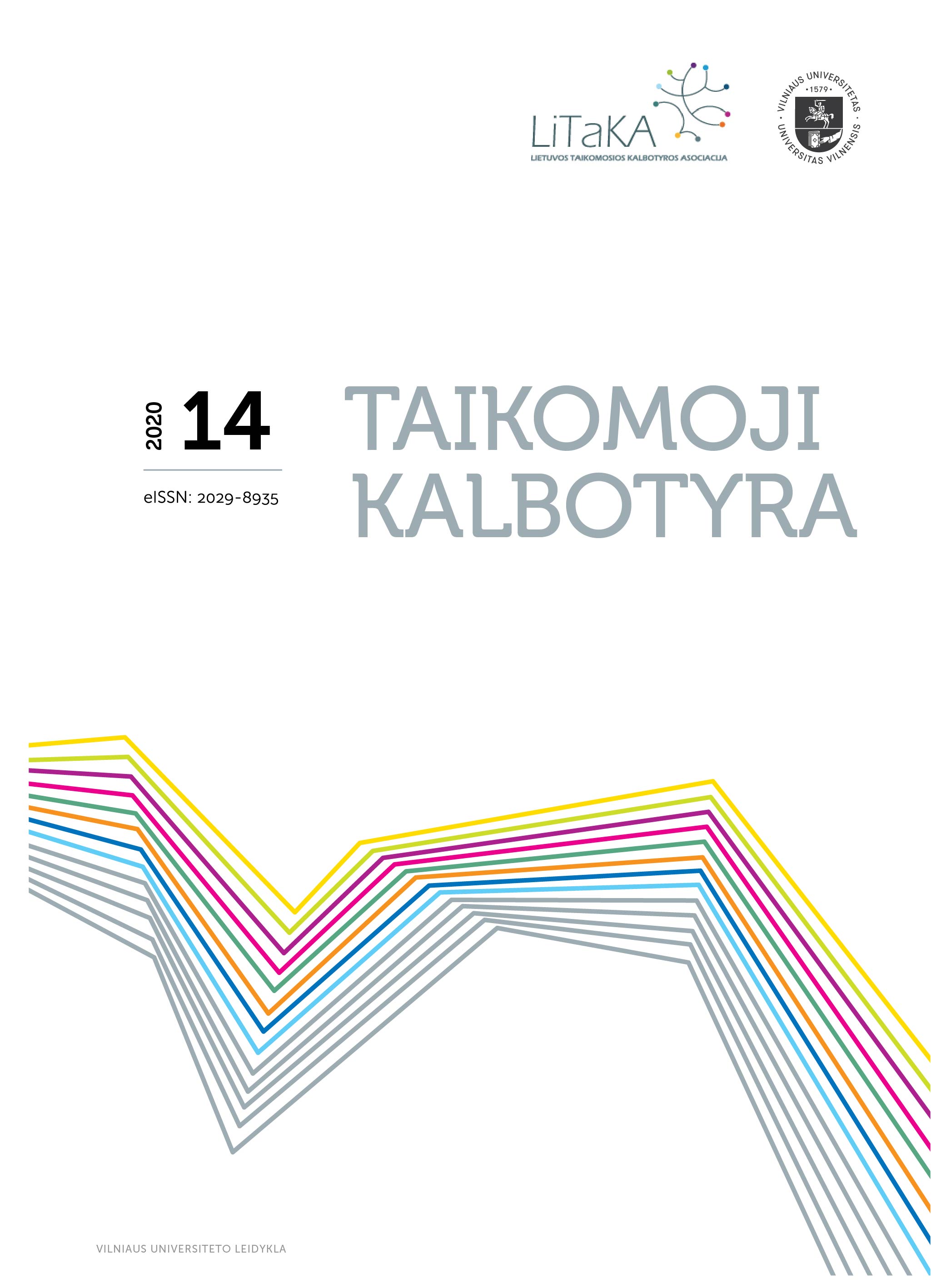Neologisms in Hungarian terms of quality assurance
Neologisms in Hungarian terms of quality assurance
Author(s): Réka SólyomSubject(s): Language and Literature Studies, Theoretical Linguistics
Published by: Vilniaus Universiteto Leidykla
Keywords: eologism; quality assurance; Hungarian technical terms; metonymy; metaphor;
Summary/Abstract: By employing a functional-cognitive frame, this paper, in which neologisms derived from English are analysed, focuses on the semantics of new Hungarian terms of quality assurance (quality management in general). Although the importance of unambiguous terms in scientific communication is often emphasised (Temmerman 2002: 211), it has been observed that the presence of conceptual metonymies and metaphors (Lakoff and Johnson 1980, Panther and Thornburg 2003, Kövecses 2015) also fosters understanding of technical languages. The author’s previous research in the field of the semantics of Hungarian neologisms (e.g. Sólyom 2014a, b, 2016) has also revealed that the presence of metonymies and metaphors has a significant impact upon the process of meaning construal. The present research assumes that various metonymic and metaphorical meanings occur in the semantics of novel Hungarian terms of quality assurance. To attest this, examples from a questionnaire filled by Hungarian quality engineers in 2018 will be analysed. Another question addressed in this paper is whether there is a mental reason for the fact that although there are colloquial Hungarian words and expressions for describing the processes of manufacturing, experts in the field do not use them, but rather employ neologisms with English roots. Indeed, this is how specialists distinguish technical terms from everyday expressions.
Journal: Taikomoji kalbotyra
- Issue Year: 2020
- Issue No: 14
- Page Range: 72-81
- Page Count: 10
- Language: English

